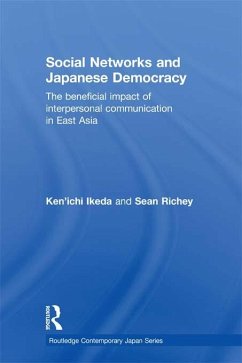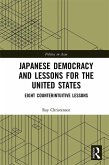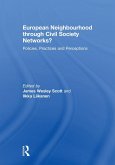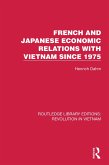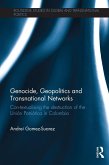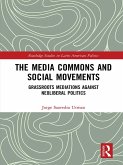Many who critique democracy as practiced in East Asia suggest that the Confucian political culture of these nations prevents democracy from being the robust participatory type, and limits it to a spectacle designed to create obedience from the public. Certainly some East Asian nations have had elections for decades, but democracy is far more than periodic elections. For democracy to be meaningful, a country needs an active public sphere, political tolerance, egalitarian beliefs, and vigorous political participation. The Asian-values debate focuses on whether the creation of this optimal version of democracy in East Asian nations will be hindered by their shared Confucian cultural heritage and at the center of this debate is whether there is an active political culture in East Asia that allows citizens to freely discuss, debate, and disagree about politics.
With Japan as its focus, this book examines the role of social networks and political discussion in Japanese political culture and asks whether discursive participatory democracy is indeed possible in East Asia. In order to answer this queston the authors undertook the largest academic political survey ever conducted in Japan to give the book exceptional empirical credence. This data reveals how the Japanese people interact politically, concluding that through the powerful influence of social networks on Japanese political behaviour, Japan has a more globalized and less hierarchical society where Confucian culture is not dominant and where creation of a vibrant civil society is possible .
This book will be invaluable for students and scholars of Japanese politics, democracy, civil society, and globalization.
With Japan as its focus, this book examines the role of social networks and political discussion in Japanese political culture and asks whether discursive participatory democracy is indeed possible in East Asia. In order to answer this queston the authors undertook the largest academic political survey ever conducted in Japan to give the book exceptional empirical credence. This data reveals how the Japanese people interact politically, concluding that through the powerful influence of social networks on Japanese political behaviour, Japan has a more globalized and less hierarchical society where Confucian culture is not dominant and where creation of a vibrant civil society is possible .
This book will be invaluable for students and scholars of Japanese politics, democracy, civil society, and globalization.
Dieser Download kann aus rechtlichen Gründen nur mit Rechnungsadresse in A, B, BG, CY, CZ, D, DK, EW, E, FIN, F, GR, HR, H, IRL, I, LT, L, LR, M, NL, PL, P, R, S, SLO, SK ausgeliefert werden.

